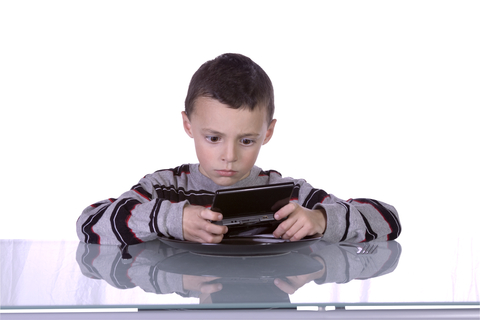 Many times, logic and reason are the first casualties in the discussion of a perceived social or cultural problem in society. Points of argument that seem overwhelmingly obvious to one side of the debate, simple “common sense” to them, may seem too simplistic or downright ridiculous to the other. While this is unfortunate, it is also human nature, and must be accepted as a fact of life. No matter the topic, there will be times when people will dismiss your insights as silly, while you may perceive them as narrow minded and stubborn. Such is life…
Many times, logic and reason are the first casualties in the discussion of a perceived social or cultural problem in society. Points of argument that seem overwhelmingly obvious to one side of the debate, simple “common sense” to them, may seem too simplistic or downright ridiculous to the other. While this is unfortunate, it is also human nature, and must be accepted as a fact of life. No matter the topic, there will be times when people will dismiss your insights as silly, while you may perceive them as narrow minded and stubborn. Such is life…
The point of this little discourse is this. When we ask ourselves if violent video games have a negative effect on young people, or adults for that matter, we must turn to the research to find answers, rather than relying on our own preconceived notions.
Violence and video games
In an article titled Shooting in the Dark, published at NYTimes.com last February, an attempt is made to draw some conclusions from the various studies and research into the effects of violent video games on young people. Unfortunately, as with so many issues we perceive as problems in society, the conclusions of the current research are in conflict.
From the article:
“Many psychologists argue that violent video games “socialize” children over time, prompting them to imitate the behavior of the game’s characters, the cartoonish machismo, the hair-trigger rage, the dismissive brutality. Children also imitate flesh and blood people in their lives, of course — parents, friends, teachers, siblings — and one question that researchers have not yet answered is when, exactly, a habit is so consuming that its influence trumps the socializing effects of other major figures in a child’s life.”
However, the article continues:
“The proliferation of violent video games has not coincided with spikes in youth violent crime. The number of violent youth offenders fell by more than half between 1994 and 2010, to 224 per 100,000 population, according to government statistics, while video game sales have more than doubled since 1996.”
While most of the research into the effects of violent video games on young people does lead to the conclusion that, at least in the short term, gamers become more aggressive immediately after a session in front of their game console, there is no evidence that this aggressive behavior is lasting or long-term in nature. To make matters even more confusing, one study showed “…that higher rates of violent video game sales related to a decrease in crimes, and especially violent crimes.”
One thing we do know for certain about the ubiquitous use of video games by young people; sitting before a game console for hours at a time results in them getting less exercise, increasing obesity and lessening their opportunities for using physical activity as a stress reduction technique. And, while the acceptance of the extreme violence on display in video games may not lead to increased “acting out” among our youth, the resulting lack of curiosity about the outside world and the lack of mere acting by them, are problematic.
While the research into the effects of video games and young people is, at this point, inconclusive, if you believe your child is spending too much time playing video games, and that he or she has become too insulated from the real world, you should begin the weaning process sooner rather than later.
If you have a child that seems to be obsessed with violent video games, and are having trouble reaching her or him with your concerns, get in touch with me today.


Speak Your Mind